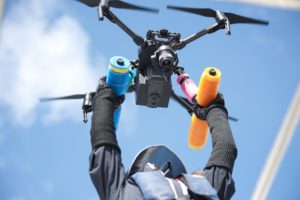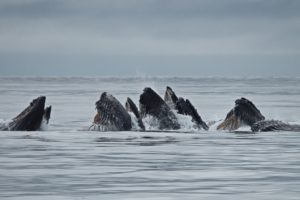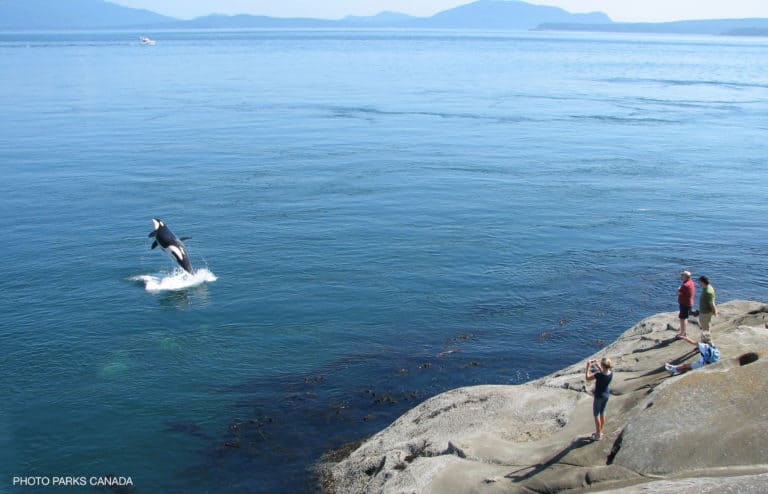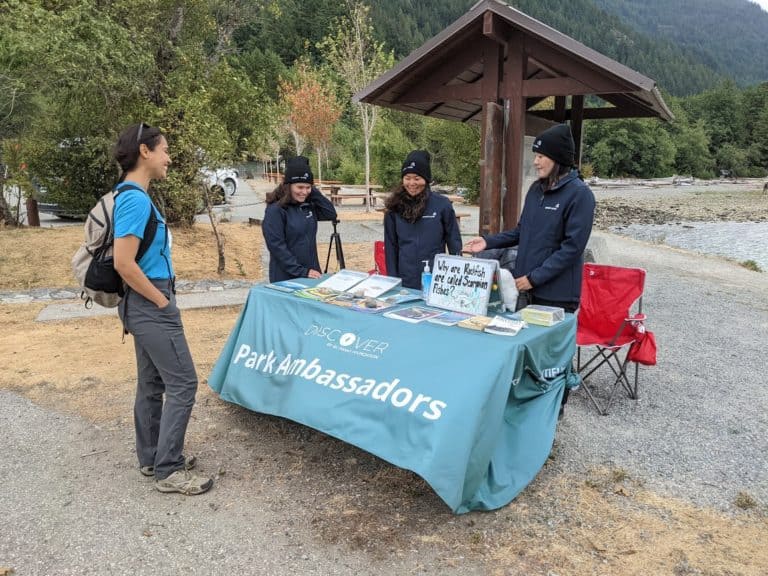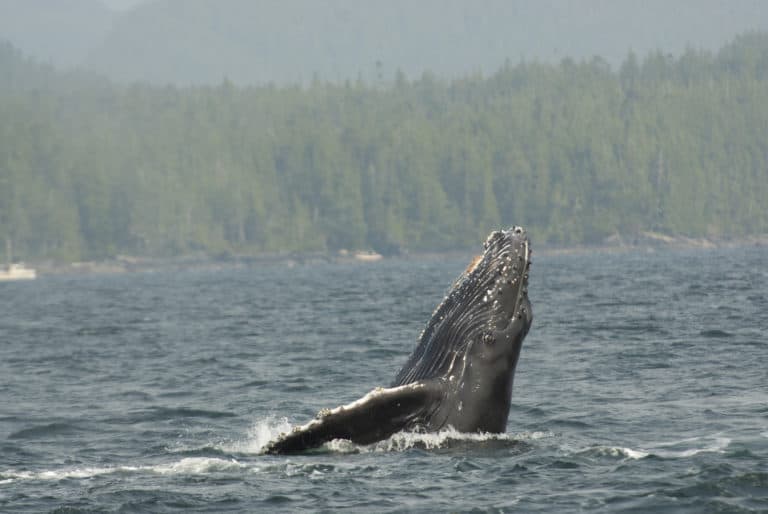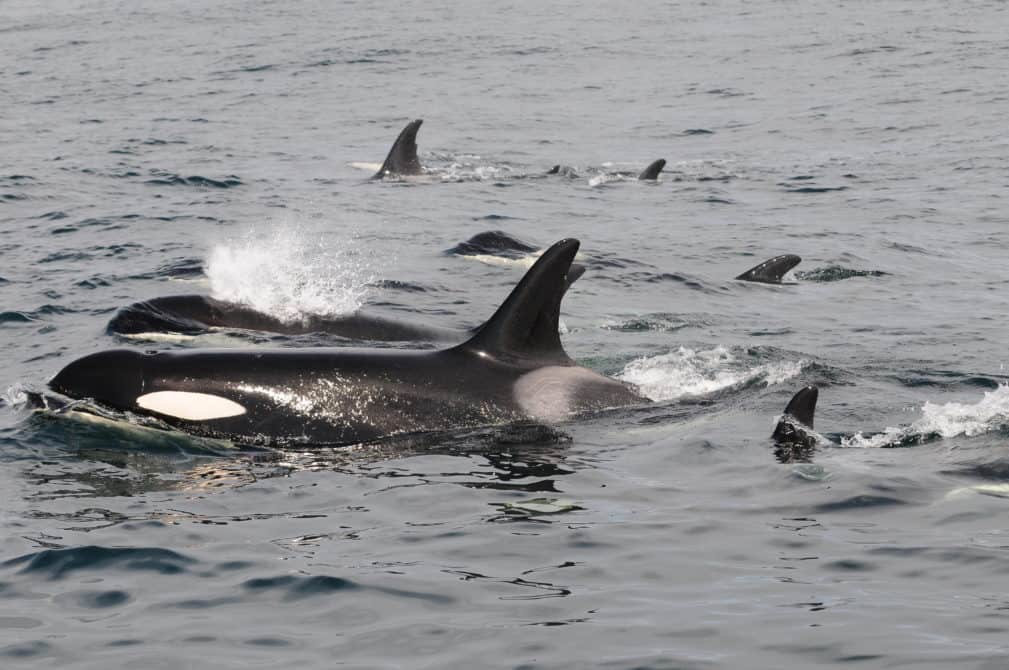
Adoptez un orque !
Adopter en ligne
Votre adoption symbolique soutiendra les efforts de conservation visant à sauvegarder ces ambassadeurs emblématiques des océans.
En adoptant symboliquement une orque sauvage, vous vous associez à l'un de ces animaux extraordinaires.
Depuis 1992, le programme d’adoption des orques sauvages soutient la recherche axée sur la conservation des orques sauvages. Les découvertes de la recherche sont partagées par le biais de publications scientifiques, de médias, de médias sociaux et de conférences publiques, ainsi que par la fourniture de conseils d’experts aux gouvernements, à l’industrie et aux organisations non gouvernementales. Au cours des 33 dernières années, le programme d’adoption a soutenu de nombreux projets de recherche novateurs.
Votre don mensuel fait la différence ! Chaque contribution mensuelle recevra
✔ Des mises à jour sur les efforts de conservation des orques d’Ocean Wise et des occasions d’entendre des experts en mammifères marins.
✔ Un reçu fiscal annuel pour chaque mois où votre adoption est active
Comment des adoptants compatissants ont protégé les baleines au cours des 33 dernières années !

Établir le B.C. Cetacean Sightings Network, un programme de science citoyenne qui recueille des rapports sur les baleines, les dauphins et les marsouins en Colombie-Britannique.

Créer l'application Whale Report pour permettre la réception des observations à partir d'appareils cellulaires.

Milestone reached when over 50 professional marine organizations across British Columbia and Washington State registered with WRAS accounts

Développer un nouveau protocole pour détecter les grossesses précoces chez les orques
Rencontrez les baleines

A charismatic young female southern killer whale born in 2003.

Une femelle orque résidente du Nord sauvée en 2002 et qui prospère aujourd'hui dans la nature.

Nommée d'après Eclipse Point, Eclipse est une orque femelle adulte née fin 1997.

Stanley, une orque de Bigg, doit son nom au célèbre parc Stanley de Vancouver.

One of the most famous wild killer whales, she was observed carrying her deceased newborn's body in 2018.

A young male killer whale born in 2018, Venture is a member of the A5 pod.

An easily recognizable northern resident with a dorsal fin notch obtained from an injury.

Nommée d'après le passage Eliot, cette jeune femelle orque résidente du Nord est née en 2014.
Rencontrez les matrilignes

Cette matrilignée se compose de la célèbre Springer (A73), résidente du Nord, et de ses deux veaux Spirit (A104) et Storm (A116).

Menés par Shachi (J19), ils appartiennent au groupe J, l'un des trois groupes de résidents du sud.

Les membres de la famille de ce matriligne résident du sud comprennent Tahlequah (J35) et d'autres personnes vues dans le long métrage Free Willy.

This growing matriline's matriarch, Sonora, lost two calves - but is now a grandmother of two.

